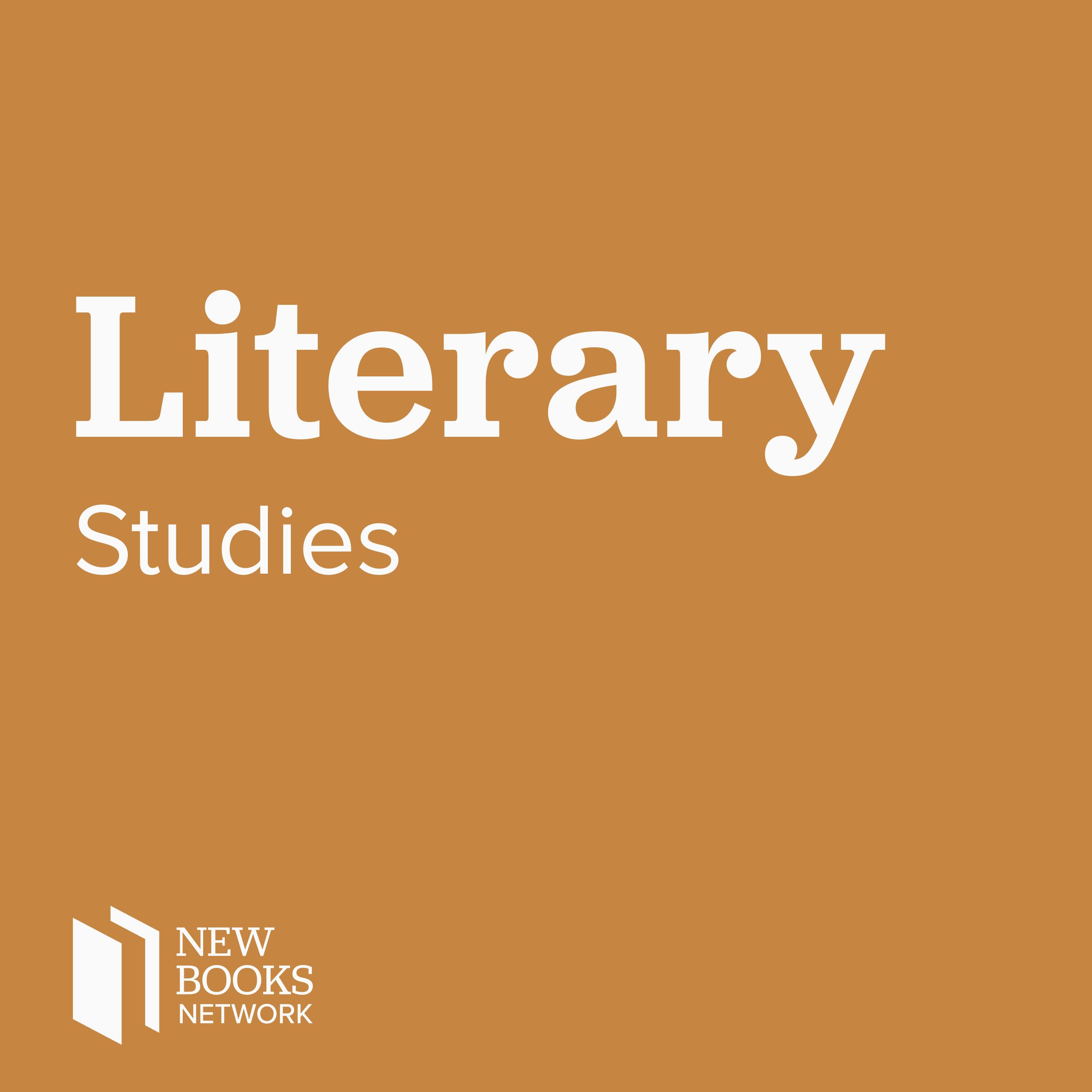
Katherine Giuffre, "Outrage: The Arts and the Creation of Modernity" (Stanford UP, 2023)

New Books in Literary Studies
Shownotes Transcript
A cultural revolution in England, France, and the United States beginning during the time of the industrial and political revolutions helped usher in modernity. This cultural revolution worked alongside the better documented political and economic revolutions to usher in the modern era of continuous revolution.
Focusing on the period between 1847 and 1937, Outrage: The Arts and the Creation of Modernity) (Stanford University Press, 2023) by Dr. Katherine Giuffre examines in depth six of the cultural "battles" that were key parts of this revolution: the novels of the Brontë sisters, the paintings of the Impressionists, the poetry of Emily Dickinson, the Ballets Russes production of Le Sacre du printemps, James Joyce's Ulysses, and Zora Neale Hurston's Their Eyes Were Watching God.
Using contemporaneous reviews in the press as well as other historical material, we can see that these now-canonical works provoked outrage at the time of their release because they addressed critical points of social upheaval and transformation in ways that engaged broad audiences with subversive messages. This framework allows us to understand and navigate the cultural debates that play such an important role in 21st century politics.
This interview was conducted by Dr. Miranda Melcher whose doctoral work focused on post-conflict military integration, understanding treaty negotiation and implementation in civil war contexts, with qualitative analysis of the Angolan and Mozambican civil wars.
Learn more about your ad choices. Visit megaphone.fm/adchoices)
Support our show by becoming a premium member! https://newbooksnetwork.supportingcast.fm/literary-studies)